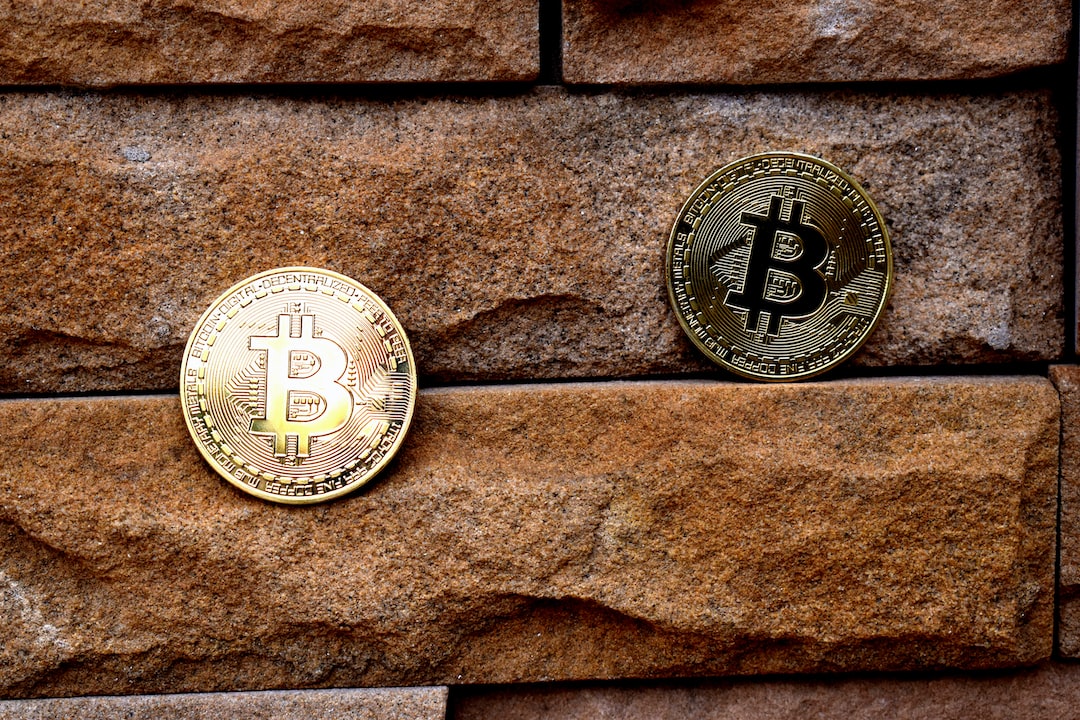Brad Garlinghouse Expresses Concerns Over SEC’s Use of Ripple’s XRP Markets Report
Brad Garlinghouse, the CEO of Ripple, has raised serious concerns about the U.S. Securities and Exchange Commission’s (SEC) utilization of Ripple’s XRP Markets Report in the ongoing legal proceedings. The report, originally intended to promote transparency in the cryptocurrency world, has now become evidence against Ripple.
Key Points:
– Ripple started publishing the XRP Markets Report to provide voluntary updates on its XRP holdings.
– Garlinghouse expressed disappointment that this transparency has been used against Ripple in the SEC lawsuit.
– While the commitment to transparency remains unchanged, future reports may undergo structural changes.
Court Ruling and SEC’s Approach to Regulation
The court ruling on July 13th clearly stated that XRP is not a security, placing it alongside Bitcoin as one of the few digital assets in the U.S. with such clarity. This ruling has also highlighted the SEC’s methods, portraying it as using intimidation and misinformation to consolidate its political power.
Key Points:
– The court’s decision refutes the SEC’s claim that all crypto tokens except Bitcoin are securities.
– The SEC’s approach to regulating cryptocurrencies has been questioned by both the court and the market.
Dissecting Misconceptions
The XRP report addressed several misconceptions surrounding the court’s decision. One of the misconceptions was that it was a split decision, but in reality, the court agreed with Ripple’s stance that XRP is not a security, providing a clear victory for the company. The report also clarified misconceptions about the protection of sophisticated institutions, Ripple’s ability to do business, and the court’s stance on Ripple’s fair notice defense.
Key Points:
– The court’s decision was not a split decision but a victory for Ripple.
– The report addressed misconceptions about protection, business operations, and fair notice defense.
Hot Take: SEC’s Use of Ripple’s XRP Markets Report Backfires
The SEC’s decision to utilize Ripple’s XRP Markets Report as evidence has backfired, as it has raised concerns about the commission’s approach to regulating cryptocurrencies. The court ruling clearly establishes XRP’s status as not a security, and Ripple’s commitment to transparency remains strong despite the legal proceedings. Moving forward, it will be interesting to see how the SEC adapts its strategy in light of these developments.





 By
By
 By
By
 By
By
 By
By

 By
By